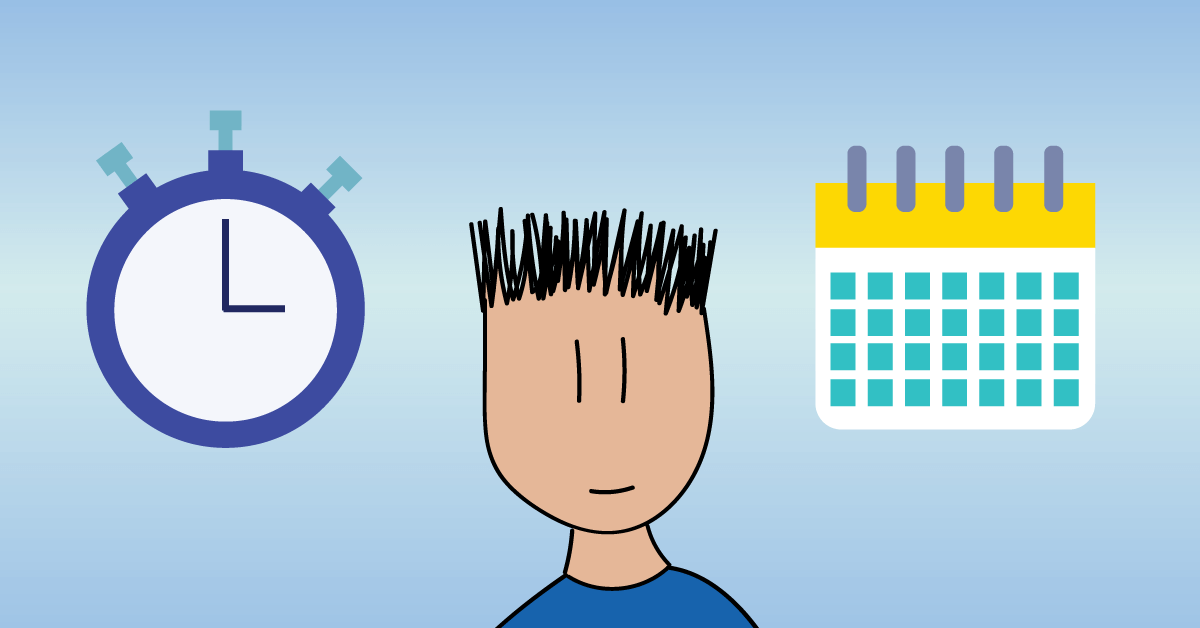Rethinking Productivity
Hey patrons,
I want to briefly talk about productivity, and what it means in the context of day-to-day life.
The word “productivity” has all kinds of associations. Some of you may roll your eyes at it, while others just can’t get enough of it. It’s one of those words that has the same texture as “meditation.” Yes, it’s undoubtedly a great thing to embrace, but sometimes it gets hijacked and ends up becoming this weird cultural thing that’s thrown around recklessly. The act of meditation is awesome, but the culture surrounding it can be a little much.
The same goes for productivity.
Productivity often gets a bad rep because it’s associated with maximizing output, which aims to transform human fallibility into mechanical excellence. To be productive is to be useful with your time, and to do it in a way where your brain follows habit loops so it reliably achieves results.
However, there’s a rigidity that’s inherent in this type of approach, which can be off-putting for many. What we get with many productivity hacks are one-size-fits-all solutions that turns us into templates of some perfected human, none of which make much sense for many people. It may be reasonable to tell a single bachelor to wake up everyday at 5 AM to get a head start on his day, but does it make sense to tell a single mom of two toddlers to do the same?
The way I view it, productivity is not about following a rigid schedule to optimize for results. It really comes down to one fundamental question:
What can you do to clear your mind?
Once you have mental clarity, you are naturally productive. That’s it. The moment you can think through solutions with clarity, it doesn’t matter what time you wake up or what kind of breakfast you had. Your judgment will be better, and your creativity will blossom.
So the way I see it, one should optimize for clarity, and not for rituals. What good is waking up everyday at 5 AM if you’re just not a morning person, and your mind’s Circadian rhythm is different from the person that advised you to do that? Does scheduling your day in 4-hour time blocks help you think clearer, or does it actually take away from that?
Regardless of the answer, here’s the stark reality:
To achieve mental clarity, it will always require some form of discipline.
Our minds are governed by the law of entropy – if left sedentary, it will naturally degrade into disorder and chaos. We must be active – whether physically or intellectually – in order to make the most of the cognitive bandwidth we have.
This is what productivity gurus get right. By introducing scheduling habits and daily practices, a form of discipline is injected into the picture, which helps you push back against the Resistance that prevents you from getting anything done.
But at the same time, you must take your own unique character in account and see if it makes sense for you. Some people actually think much clearer when they create or reflect at different times of the day, instead of a set time on a daily basis. Or leaving room for spontaneity helps ideas connect better, as opposed to having to follow a predetermined schedule to work on things.
This is why I’m not a big fan of the advice, “Write everyday.” Writing is a form of output, of structuring your thoughts and disjointed ideas into a narrative that makes sense to you. But wait… what if you don’t have any ideas that resonate with you now, or you feel like your tank is on empty? Then you need to carve out some time to read, or even just take time to think. Making something is obviously a part of the creative process, but absorbing things is also super important as well.
As you think about your days and how to best structure them, remember the question:
What will allow me to think clearly?
For me, whenever I exercise and run, I come back with a clearer frame of mind. That works better for me than a ritual where I’m required to sit in a chair at a set time everyday to write. Meditation and journaling also help for me, which is why I make sure to do them everyday.
And on some days, I’ll know that it won’t be a writing day, but more of a day to absorb ideas and think through them. As I noted in this post, it’s important to keep the Release Ratio balanced, so I need to give myself the requisite time to fill up my tank when necessary.
Productivity is about walking the fine line between Resistance and clarity. You will always need to be disciplined to do your best work, but you have to orient that discipline within a realm that optimizes for clarity in your unique situation.
Once you do that, no one can tell you how to be productive, as you’ve already figured it out yourself.
-Lawrence


